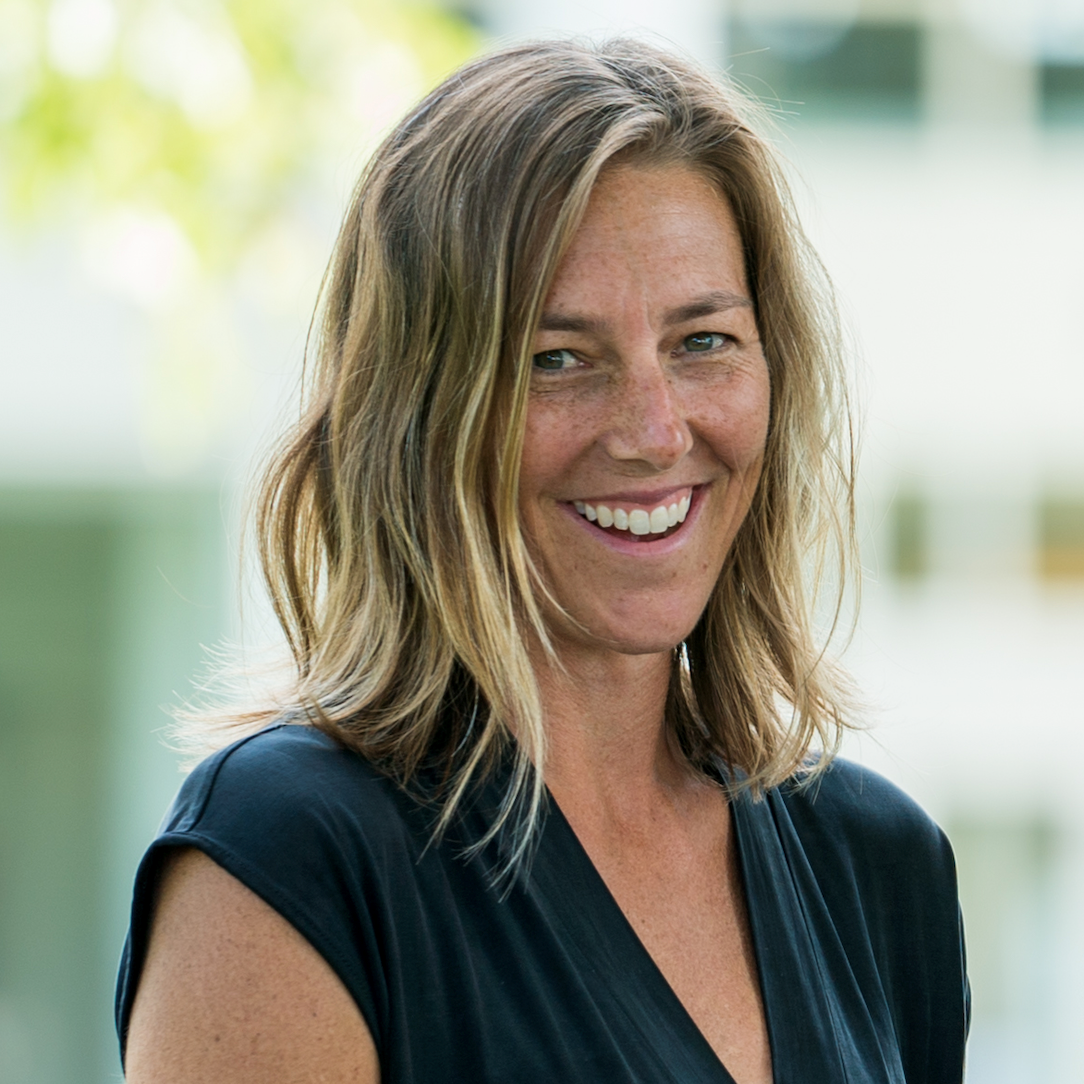Helping Students Tackle Complex Problems: An Educational Model at James Madison University
Last updated November 4, 2019Last Updated
November 4, 2019

Helping Students Tackle Complex Problems: An Educational Model at James Madison University
Last updated November 4, 2019Table of Contents
Hear how a program recognized by AT&T, The Chronicle of Higher Education, and Stanford University is preparing students for the future of work.
Overview
Higher education is working to prepare students to deal with complex problems and unending disruption. But courses with lengthy syllabi and reading lists may do the opposite. How do you develop courses that truly teach students to be innovative?
Enter X-Labs at James Madison University, a model of education that offers transdisciplinary, project-based academic courses where students learn design thinking and work directly with client partners in government, industry, and nonprofit organizations to solve real world problems. Students might tackle homelessness with the United Way or foreign policy challenges with the Department of Homeland Security. They prototype a solution in just 15 weeks – experiencing failure and frustration along the way.
Join us online in this two-session webcast series to get a taste of an X-Labs course from both the student and faculty perspectives. You will leave with advice on how to implement similar techniques in a single classroom or on a broader institutional level.
Who should attend?
Deans, Department Chairs, and Faculty who want to empower students to become better problem solvers through real-world, interdisciplinary collaboration should attend this webcast. This series will be useful for those looking to bring new ideas into a single classroom, as well as those looking to build a campus-wide interdisciplinary education model.
Agenda
Session 1: The X-Labs Classroom Experience
In this session, you’ll experience X-Labs from the student and faculty perspectives. You’ll be guided by two faculty through a typical 15-week course to understand what students experience during the program, including:
- The process for how students solve problems — including how they conduct research, use design thinking, and prototype solutions
- How faculty are improving their own teaching skills as a result of working collaboratively with each other
- How to implement similar techniques in your own classroom
Session 2: Key Considerations for Creating an Interdisciplinary Education Model
In this session, you’ll learn what a program like X-Labs requires, including:
- The type of institutional support that is necessary for launch and ongoing operation
- Effective ways to implement interdisciplinary curriculum reform
- Identifying and cultivating industry partnerships and projects
- Identifying and engaging faculty to participate in interdisciplinary collaboration
Tagged In
$595



